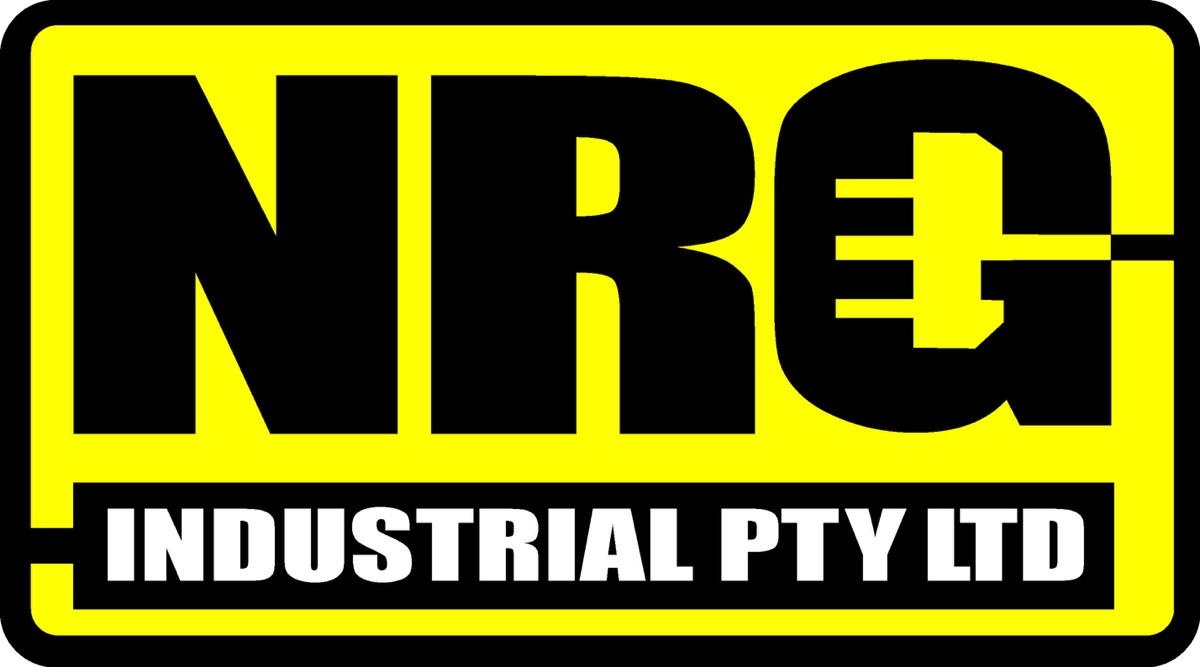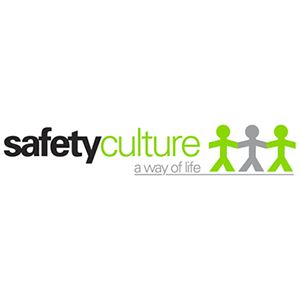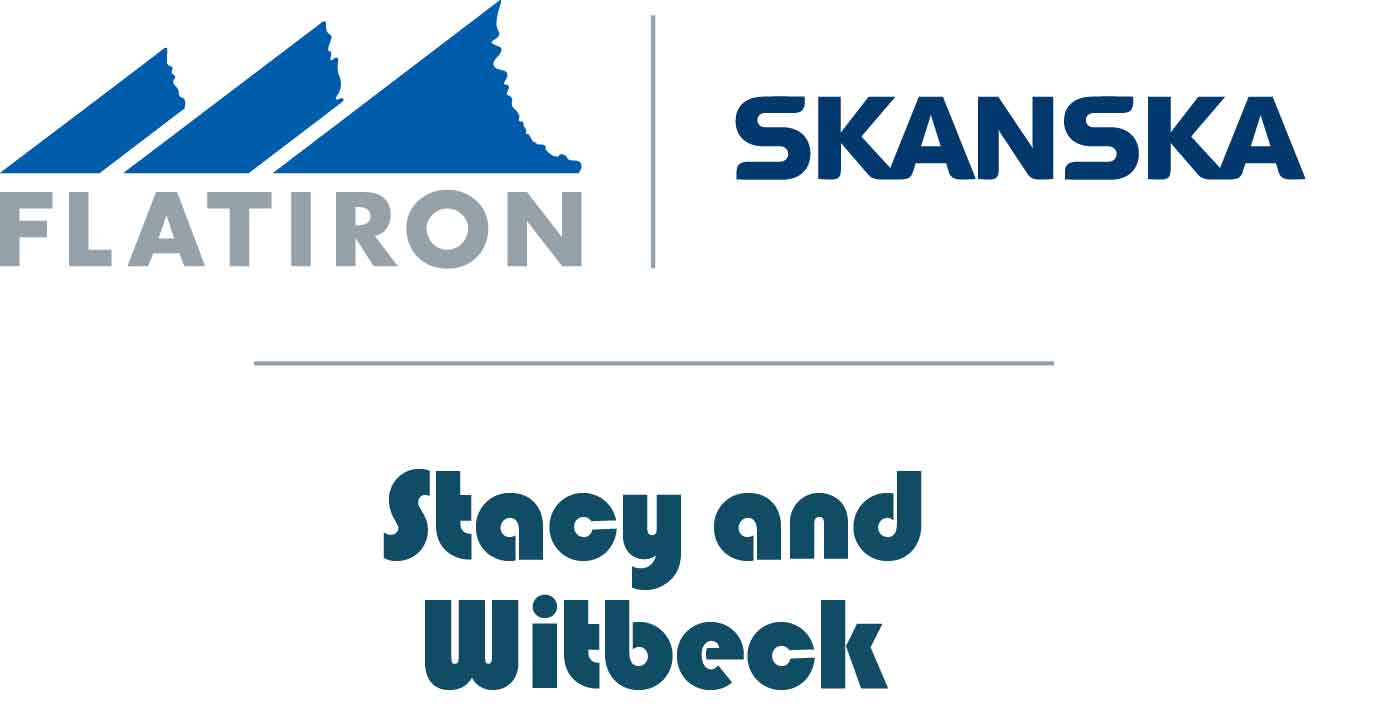Title Page
-
Document No.
-
Audit Title
-
Client / Site
-
Conducted on
-
Prepared by
-
Location
-
Personnel
Introduction
-
Certain safety problems are common in a hot environment. Heat on the job can cause dizziness, discomfort and the fogging of safety glasses, all of which can lead to accidents.
Example
-
John, a bricklayer, had been outside for 7 straight hours in extremely hot weather. He began to experience nausea and grew very tired. Once his supervisor noticed John was working much slower than usual, he ordered him to take a break, which included resting in shade and drinking water.
Recognizing Heat Illness
-
Symptoms of heat exhaustion include headaches, dizziness, lightheadedness, fainting, weakness, moist skin, mood changes such as irritability or confusion, upset stomach and vomiting. Heat stroke is an immediate threat to life. Rapid cooling with ice packs or cold water must begin at once. A victim may sweat a lot, but some may have hot, dry skin and no sweating. Either way, it’s an extreme emergency. Call 911 immediately.
Preventing Injuries from Hot Weather
-
Employer has provided shade, rest breaks, and water.
-
Employees get enough sleep.
-
Employees wear light clothing, and include a shirt that serves as a shield from the sun’s rays.
-
Whenever outside, employees wear a loose-fitting long-sleeved shirt and long pants. Hard hats will protect the scalp.
-
Avoid alcohol; it is particularly dangerous while working in a hot setting.
-
Drink water moderately (about eight ounces every 15 minutes).
-
Plan the day to tackle more strenuous jobs during the cooler morning hours.
-
Rest in shaded areas.
-
Watch new employees for signs of heat illness because it takes about one week for the body to adjust to the heat.
What Are We Going to Do Today?
-
What will we do here at the worksite today to prevent being injured in hot weather?
-
1.
-
2.
-
3.
Attendees
-
Add signature











